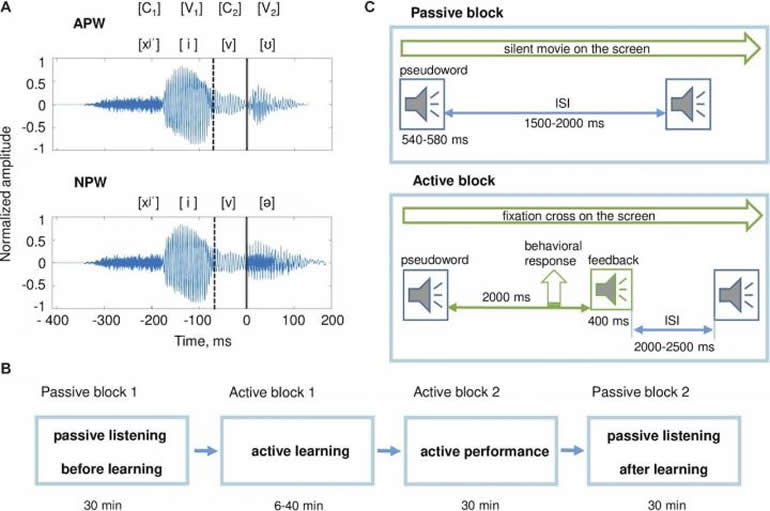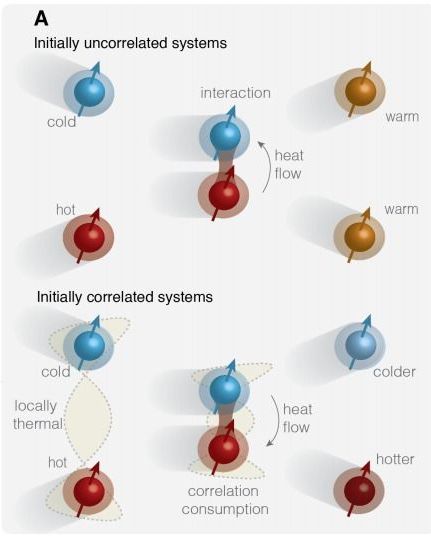Summary: Cortical representations for the sounds and meanings of new words learned form within an hour or two following exposure.
Source: Skoltech
How much time does a brain need to learn a new word? A team of Skoltech researchers and their colleagues monitored changes in brain activity associated with learning new words and found that cortical representations of the sound and meaning of these words may form in just 1 to 2 hours after exposure without any night’s sleep consolidation, as earlier research suggested. This research has implications for diagnosing speech disorders and improving the efficiency of learning. The paper was published in the journal Frontiers in Neuroscience.








